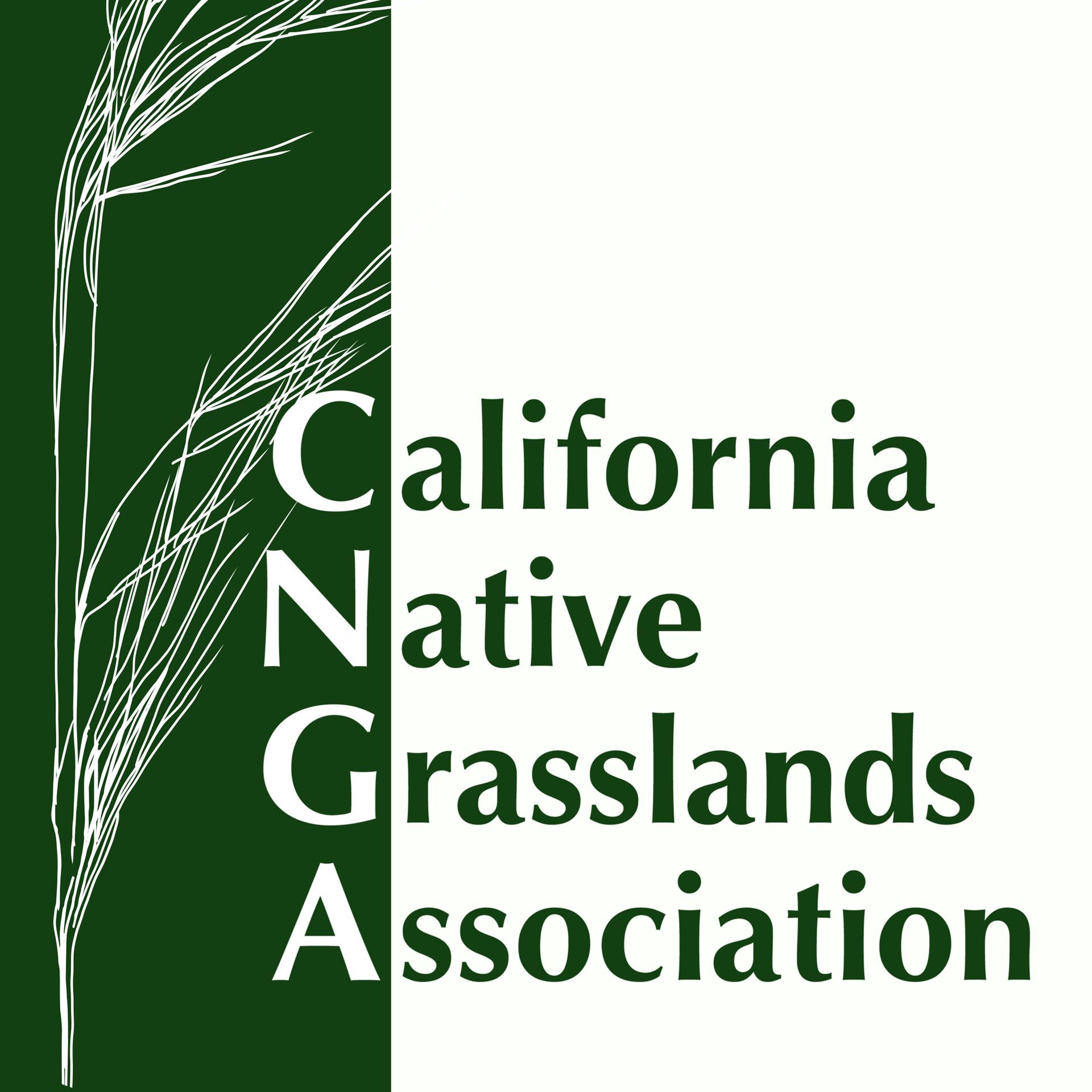California Native Grassland Association GRASS Award Speaker Series
Join us for this season's GRASS Speaker Series showcasing the amazing work undertaken in California Grasslands by some of our Grassland Research Awards for Student Scholarship Winners.
Talks are on Tuesdays from 6 PM - 7 PM PST featuring a one 40-minute talk, or one or two 20-minute talks, with time for Q&A.
Members: Free Non-Members: $10 Non-Member Students: Free with Student ID
Title: From Burn Piles to Prairie: Post-Burn Recruitment of Coyote Brush and Native Grasses in Coastal Prairie
Speaker: Sophie Noda, UC Davis Master's Student 
October 21, 2025 6:00 PM to 7:00 PM
Abstract: Many coastal prairies in California have experienced extensive encroachment by shrubs and trees, particularly Baccharis pilularis (coyote brush), following the suppression of historic disturbance regimes such as fire and grazing. Pile burning is increasingly used to remove woody vegetation in coastal prairies, but its effects on coyote brush recruitment and native grass restoration are not well studied. In my study, I examined how pile burning and native grass seeding influence establishment of B. pilularis and native grass in a remnant coastal prairie at the Martin Griffin Preserve in Marin County, California. B. pilularis recruitment was significantly higher in burn scars than in adjacent intact grassland, likely due to increased bare ground and reduced competition. In seeded burn scars, B. pilularis establishment remained high regardless of native grass seeding density, while medium and high seeding densities did increase native grass presence and cover. These results suggest that while pile burning can create favorable conditions for B. pilularis recruitment, native grass seeding alone may not prevent re-encroachment. Additional post-burn interventions may be needed to sustain long-term coastal prairie restoration goals.
Bio: I am a Master's student in the Eviner Lab at UC Davis interested in the factors that dictate the establishment of Baccharis pilularis (coyote brush), a species of management interest in coastal prairies because of its ability to drive succession and encroach into grassland systems. I also work for Point Blue Conservation Science as an ecologist in the Working Lands Group, where my focus is our Rangeland Monitoring Network, where we monitors birds, plants, and soils as ecological feedbacks for management.
Contact Justin Luong (jluong4@ucsc.edu) with any questions.
CNGA GRASS Award Speaker Series 2025 Schedule (Tuesdays, 6 - 7 pm)
- September 9 - Katherine Brafford (UCD)
- September 16 - Andrea Nebhut (Stanford); Deborah Ayala (Texas A&M)
- October 7 - Ernesto Chavez-Velasco (Cal Poly Humboldt)
- October 14 - Jessica Solis (SFSU)
- October 21 - Sophie Noda (UCD)
- October 28 - Lauren Glevanik (UCLA)
Help Support Student Research - Donate to the GRASS Program
CNGA's GRASS Program:
- Focuses student research on important grassland-related questions.
- Inspires students to become more involved in California Grassland Conservation and Restoration.
- Trains future employees for your agency or company.
- Creates advocates for California Grasslands
Learn More About GRASS - Applications Accepted Nov 1 - Jan 31

